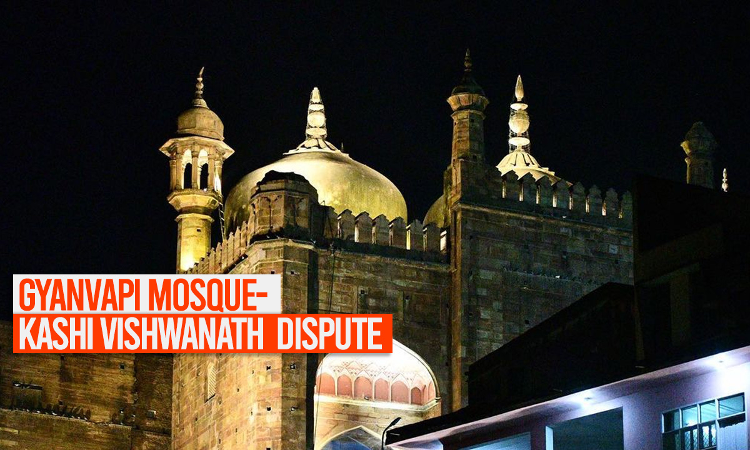Plaint Avers Hindu Deities Were Worshipped Inside Gyanvapi Mosque Complex Even After Aug 15, 1947; Places Of Worship Act No Bar To Suit: Varanasi Court
Sparsh Upadhyay
12 Sept 2022 4:54 PM IST

Next Story
12 Sept 2022 4:54 PM IST
The Varanasi Court today dismissed the Anjuman Islamia Masjid committee's plea (filed under Order 7 Rule 11 CPC) challenging the maintainability of the suit filed by five Hindu women (plaintiffs) seeking worshipping rights in the Gyanvapi Mosque compound.District Judge Ajay Krishna Vishwesha observed that the suit of the plaintiffs is not barred by the Places of Worship (Special Provisions)...
